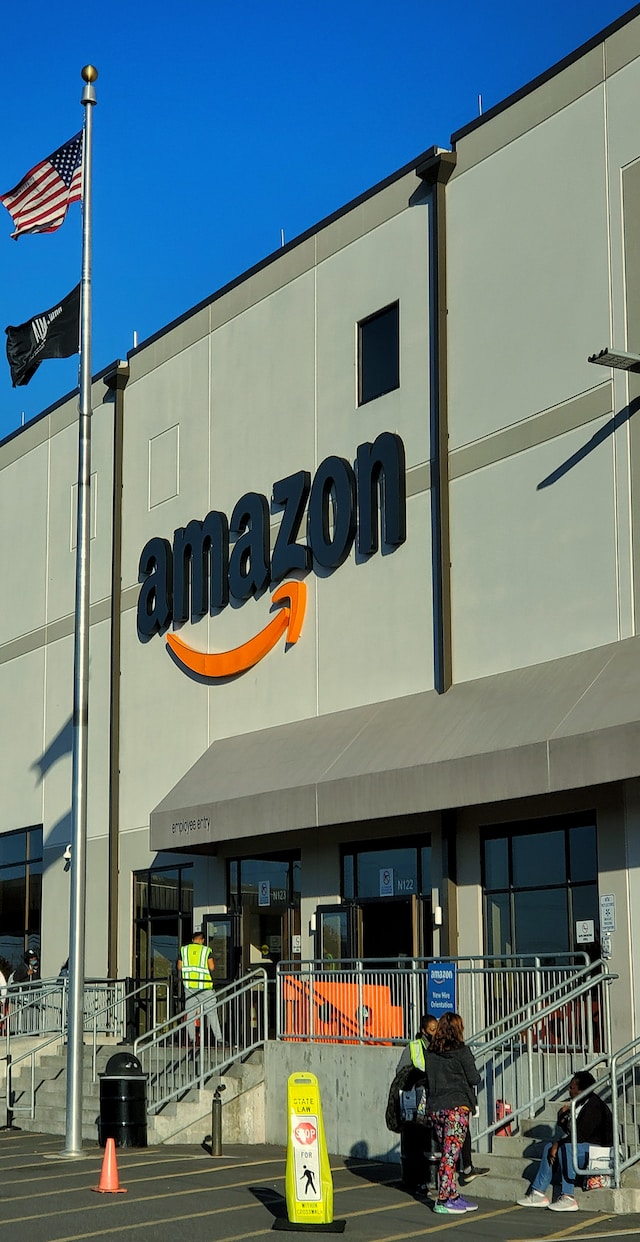Are you tired of hearing about data breaches and privacy scandals? Well, TikTok’s recent actions may give you a glimmer of hope. As the social media platform faces scrutiny over its handling of user data, it has implemented new measures to protect European users’ information. In this post, we’ll explore why these steps are significant and how they could pave the way for better data practices on other platforms. So sit back, grab your phone (but don’t worry – your data is safe!), and let’s dive in!
What is TikTok?
TikTok is a short-form, video-sharing app that allows users to create and share 15-second videos, on any topic. The app, which is available on iOS and Android, has become increasingly popular in recent years. In 2018, TikTok was the most downloaded app in the world.
In October 2019, TikTok agreed to pay a record $5.7 million fine to the US government for violating children’s privacy laws. The FTC found that TikTok collected personal data from children without their parents’ consent. TikTok also agreed to delete all videos and user data from children under the age of 13 who had used the app.
As part of its settlement with the FTC, TikTok agreed to implement a comprehensive set of data protection measures for users in the European Union. These measures include:
– Obtaining explicit consent from parents before collecting, using, or sharing personal data from children under the age of 13;
– Providing clear and concise information to users about how their personal data will be used;
– Giving users the ability to delete their account and remove their personal data at any time; and
– Implementing strict security measures to protect user data from unauthorized access or disclosure.
The Problem with TikTok’s Data Handling
It is no secret that TikTok has been under fire for its handling of user data. In the past, the app has been accused of collecting too much data, sharing user data with China, and failing to properly protect user data. While TikTok has taken steps to address these concerns, it appears that the problems with TikTok’s data handling have not been completely resolved.
One of the biggest problems with TikTok’s data handling is that the app collects a lot of data on its users. This includes information such as the user’s location, their device type, and their demographics. While this information may be used to improve the user experience, it also raises privacy concerns. TikTok has stated that it only collects this information in order to provide targeted content and ads, but many users are still not comfortable with sharing this type of information with the app.
Another problem with TikTok’s data handling is that the app shares user data with China. This raises concerns about censorship and surveillance, as well as the potential for China to access sensitive user data. TikTok has stated that it only shares user data with China in order to comply with Chinese law, but many users are still not comfortable with sharing their data with a country that is known for its human rights abuses.
Finally, TikTok has failed to properly protect user data in the past. In 2018, a security flaw in Tik Tok’s code allowed hackers to access personal information such as phone numbers and email addresses.
TikTok’s New European Data Measures
In an attempt to quell the fears of European regulators, TikTok has announced new data measures that will be implemented in the region. The app will now store user data locally on servers in the EU, rather than sending it back to China. TikTok has also appointed a Data Protection Officer who will be based in Ireland and responsible for ensuring compliance with EU data protection law.
These are welcome steps, but they may not be enough to placate European regulators who have expressed serious concerns about the way TikTok collects and uses data. In particular, they are likely to want to see more transparency from TikTok about how it uses data and more robust safeguards against misuse.
Why These New Measures Are a Step in the Right Direction
While TikTok has been praised for its handling of data in Europe, the new measures it is taking are a step in the right direction. The app will now allow users to choose to have their data stored in the European Union or the United States. This is a major change from the current setup, which stores all data in China.
TikTok has also said that it will appoint a Data Protection Officer for Europe. This is an important role that will help ensure that TikTok is compliant with EU data protection law. The appointment of a DPO is not required by law, but it is a good way to show that TikTok is serious about protecting user data.
Finally, TikTok has committed to conducting regular audits of its data practices. These audits will be conducted by an independent third party and will help ensure that TikTok is following its own internal policies on data protection.
TikTok’s new measures are a step in the right direction, and they show that the company is serious about protecting user data. However, there is still more work to be done to ensure that TikTok is fully compliant with EU law.
How TikTok Can Improve Its Data Handling Even More
TikTok has been in the news a lot lately for its handling of user data. The social media platform has come under fire for allegedly sharing user data with the Chinese government and not being transparent about how it uses user data. TikTok has taken steps to improve its data handling, including appointing a new chief privacy officer and increasing transparency about how it uses user data. However, there are still some ways that TikTok can improve its data handling even more.
One way TikTok can improve its data handling is by giving users more control over their data. TikTok should allow users to decide what personal information they want to share and with whom they want to share it. TikTok should also give users the ability to delete their account and all their personal data at any time.
Another way TikTok can improve its data handling is by being more transparent about how it uses user data. TikTok should explain in detail what personal information it collects and why it collects it. TikTok should also disclose how it uses this information and whether or not it shares this information with third parties.
Finally, TikTok can improve its data handling by ensuring that all user data is stored securely. TikTok should encrypt all user data and use strong security measures to protect this data from unauthorized access.
Conclusion
Overall, it is clear that TikTok’s new European data measures are a significant step in the right direction when it comes to protecting users’ privacy. These changes demonstrate that TikTok understands and takes seriously their responsibility to protect user data and ensure full transparency whenever possible. As more companies look towards digital transformation, these types of measures will become increasingly important. With the EU continuing to monitor tech sector developments closely, we hope other platforms follow suit and take similar steps towards safeguarding user data.











